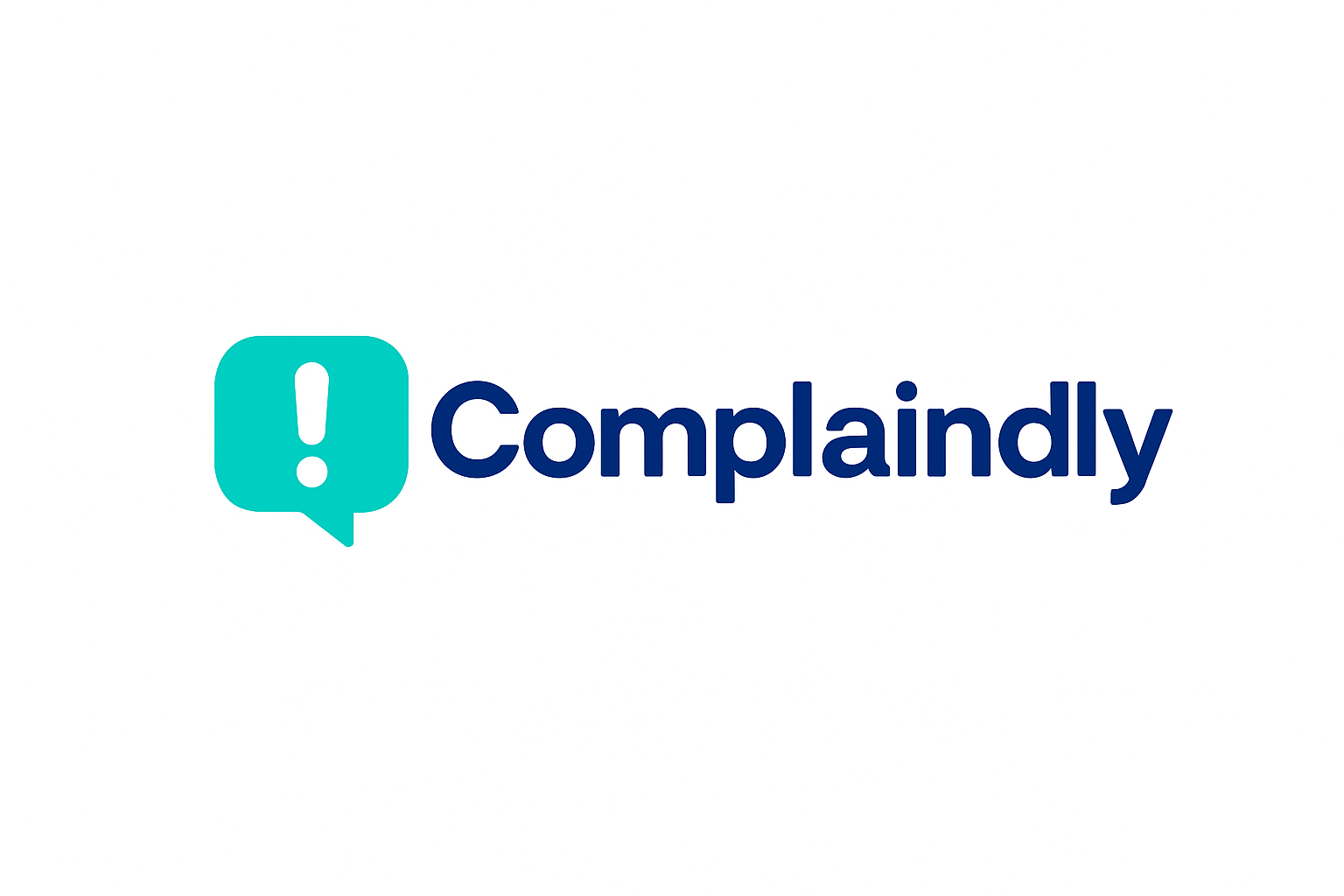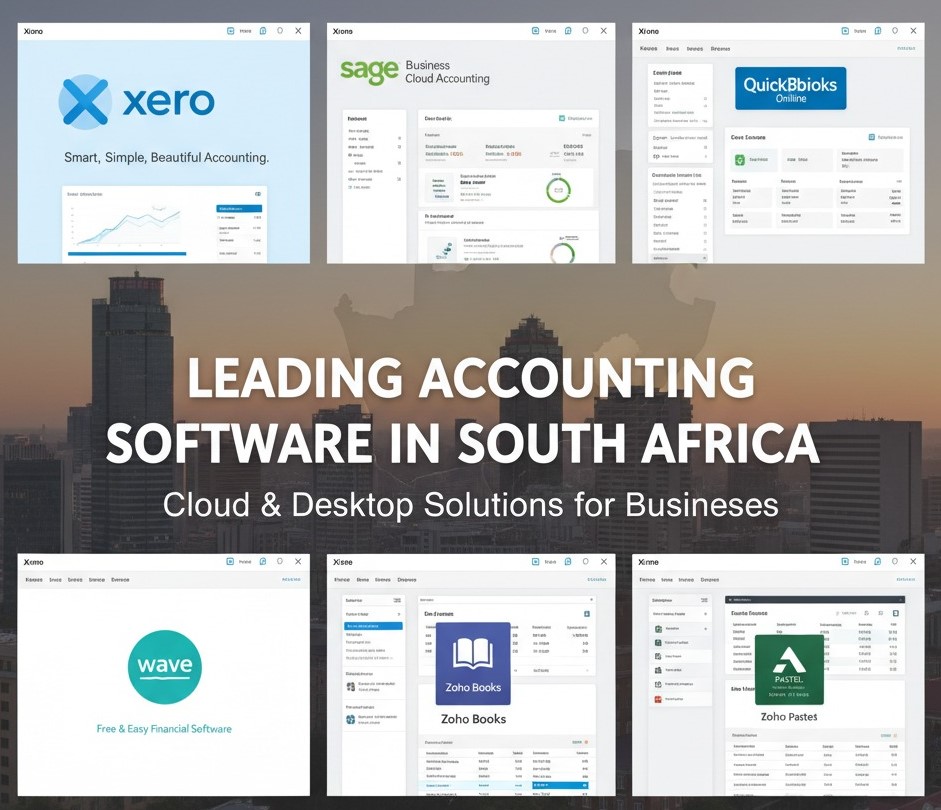Accounting softwares in South Africa vary widely depending on the size of your business and the features you need. Some are simple, cloud-based solutions perfect for tracking income and expenses.
Accounting softwares in South Africa
1. Pastel Accounting / Sage 50 – Very popular among small and medium businesses. Handles VAT, payroll, invoicing, and reporting. Offers desktop and cloud versions.
2. Xero – Cloud-based, user-friendly, great for small businesses and startups. Integrates with banks, e-commerce platforms, and payment processors. Supports VAT filing.
3. QuickBooks Online – Cloud accounting software suitable for small to medium businesses. Easy invoicing, expense tracking, payroll, and reporting. Local tax compliance features.
4. Wave Accounting – Free cloud-based option for freelancers and very small businesses. Offers invoicing, expense tracking, and simple reporting.
5. Zoho Books – Cloud-based software ideal for small businesses. Features include invoicing, expense management, automated workflows, and tax compliance.
6. Sage Business Cloud Accounting – Scalable software for small to medium businesses. Includes VAT, inventory management, and multi-user support.
7. FreshBooks – Cloud accounting with a focus on invoicing and time tracking. Great for freelancers and service-based businesses.
South African accounting software assists companies in streamlining their financial operations. Accurate financial records, streamlined tax filing, and time-saving automation are the primary advantages. Companies no longer have to manually calculate VAT or manage several spreadsheets.
A lot of these programs automatically produce reports that investors, tax authorities, and auditors can view. With cloud-based solutions, you may access your accounts from any location, including while working remotely or on vacation. They are perfect for busy business owners who are unable to dedicate hours to bookkeeping each week because of their convenience.
Invoicing capabilities that enable you to generate and send expert invoices to clients in minutes are available in the majority of accounting softwares in South Africa. You can quickly determine who has paid and who still owes money thanks to the integrated payment tracking. Some software makes managing subscription-based businesses easier by providing recurring billing options. Another essential component is expense control.
Receipts can be photographed and instantly attached to transactions, cutting down on paperwork and human error. Payroll modules provide businesses with employees with a significant amount of relief during month-end processing by precisely calculating salaries, deductions, and tax contributions.
For every kind of business, there are possibilities. Lightweight software that concentrates on basic bookkeeping is frequently preferred by freelancers and small businesses. More reliable solutions that manage inventories, multi-currency transactions, and thorough financial reporting may be needed by medium-sized businesses.
Sometimes, larger companies require enterprise-grade software that can handle thousands of transactions per day and various departments. Numerous accounting softwares in South Africa are scalable, meaning they can expand together with your company, eliminating the need to switch systems as your requirements alter.
One of the main reasons companies use accounting software is for tax compliance. Errors in income tax or VAT forms can be expensive, and South African tax rules can be complicated. Businesses in South Africa may stay compliant without continuously visiting government websites thanks to software that is updated to reflect local tax laws.
You can create returns that are prepared for submission to SARS and set up automated VAT computations. This makes tax season considerably less stressful by lowering the possibility of mistakes and avoiding penalties.
See also: Best leave management software
Reporting is an additional feature that distinguishes accounting softwares in South Africa. Cash flow reports, balance sheets, and profit and loss statements are all automatically produced. These reports assist business owners in tracking cash flow, comprehending profitability, and making well-informed judgments. Visual dashboards provided by some software make it simple to observe where funds are flowing and which business divisions are doing well. Even small firms can now benefit from professional-level reporting, which was previously only available to organizations with dedicated financial teams.
Another benefit is the ability to integrate. Project management systems, payment processors, and e-commerce platforms are just a few of the business tools that many accounting softwares in South Africa can interface with.
This integration guarantees smooth data transfer between systems and minimizes manual entry. This implies that orders, payments, and expenses are automatically synchronized with the accounting software for companies that sell online. This type of automation lowers the possibility of mistakes and saves time.
One important factor to consider is ease of use. Even for those without an accounting background, South African accounting software is made to be easy to use. Managing finances without feeling overburdened is made easier by straightforward interfaces, guided procedures, and integrated assistance tools. Additional assistance is offered by tutorials, customer service, and community forums, which make it simpler to get started and correctly maintain your accounts.
Prices vary. Small businesses can afford the monthly subscription prices for certain products, but others have greater upfront charges or feature-based pricing tiers. The features you require and your budget will determine which program is best for you. Before making a commitment, it’s critical to evaluate what your company actually utilizes because it makes no sense to pay for features you won’t use.
One important consideration is security. To safeguard financial information, cloud-based accounting softwares in South Africa use encryption and safe servers. Because backups are automatic, there is less chance of losing crucial data. For companies who cannot afford to lose records because of a computer crash or theft, this is particularly comforting.
Additionally, accounting software helps reduce the anxiety associated with audits. Records that are current and well-organized make it easier for auditors to find discrepancies and provide them with the data they require. Additionally, this openness fosters trust among clients, employees, and stakeholders. For small business owners who are continuously balancing a number of obligations, the assurance that financial data is reliable can make a big difference.
Automation, compliance, reporting, and convenience are all offered by accounting softwares in South Africa. They facilitate tax compliance, lessen manual labor, and offer insights that boost business productivity.
These technologies help organizations at every level, from complex financial management to simple bookkeeping. These days, everybody who is serious about operating a business effectively and professionally must have them.
Disclaimer: The information provided in this blog is for educational and informational purposes only and should not be considered financial, investment, or legal advice. I am not acting as your financial advisor. You should always do your own research or consult with a qualified professional before making financial decisions.


